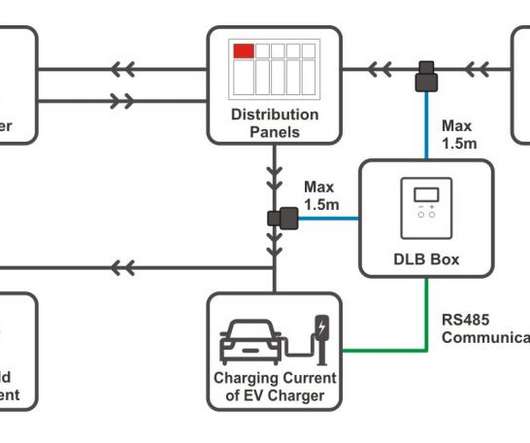DOE awards $17M to FY 2014 SBIR Phase II projects; includes Si/graphene anodes, motor windings, exhaust treatments
Green Car Congress
MARCH 31, 2014
Hybrid Electric Turbocharger for Exhaust Energy Recovery and Transient Lag Reduction. of Rockledge, Florida is developing a hybrid electric turbocharger for cars and trucks that both reduces fuel consumption and improves drivability by shortening the transient response time (reducing turbo lag) during acceleration. Description.




































Let's personalize your content